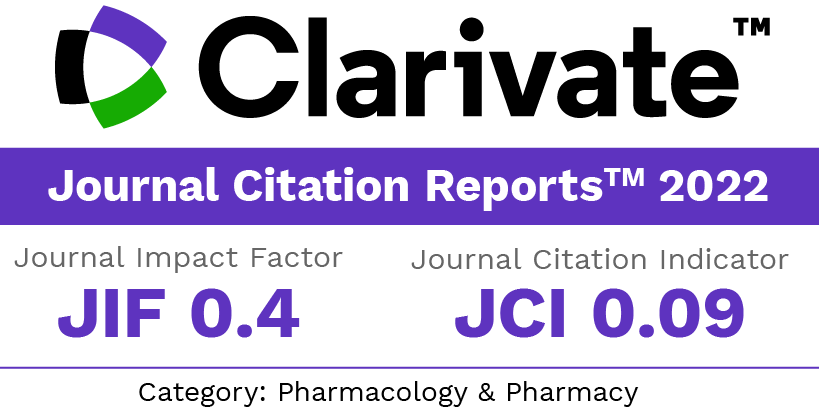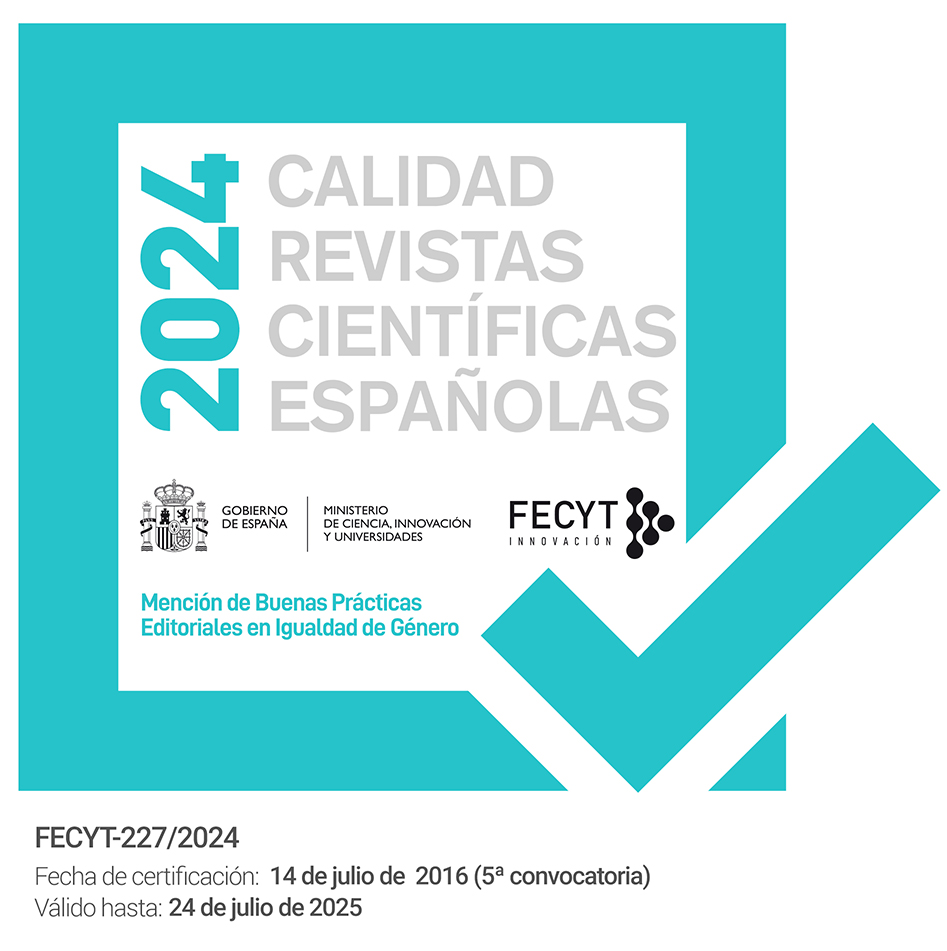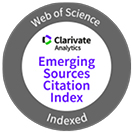Efficiency and cost of the analytical petition for diagnosis of allergies
Keywords:
Efficiency, Costo, Allergy, Specific IgEAbstract
The aim of the study is to determine the efficiency of the analytical petition for
diagnosis of allergy according to the specific IgE cuantification and the global costs to
analize its effectiveness-cost. We have used the assays of specific IgE made in our
laboratory for all year round 94. This study was made by allergen groups taking the
total of the determinations and the total number of positive results for each one.
Almost half the allergen groups that we determine in our laboratory have approximately
50% of positive diagnosis. The biggest cost is produced by the food groups with almost
25% of the total costo
Downloads
References
for aUergen antibodies. Lancet 1967; 11:110.
BJORKSTÉN, B., WEEKE, B. AlIergy 1985; 40 (Suppl 4).
YMAN, L. Diagnosis. 1983; 2:929-939.
(4)
JOHANSSON, SGO, ed. Clínical Workshop. IgE antibodies and Pharmacia CAP System
in AlIergy diagnosis. Lidkoping: Landstroms 1988.
MARTÍN ZURRO, A., CANO PÉREZ, J. F. Manual de Atención Primaria (1989) 2.a
Edición, p. 181 . Ediciones Doyma. Barcelona.
Downloads
Published
How to Cite
Issue
Section
License
The articles, which are published in this journal, are subject to the following terms in relation to the rights of patrimonial or exploitation:
- The authors will keep their copyright and guarantee to the journal the right of first publication of their work, which will be distributed with a Creative Commons BY-NC-SA 4.0 license that allows third parties to reuse the work whenever its author, quote the original source and do not make commercial use of it.
b. The authors may adopt other non-exclusive licensing agreements for the distribution of the published version of the work (e.g., deposit it in an institutional telematic file or publish it in a monographic volume) provided that the original source of its publication is indicated.
c. Authors are allowed and advised to disseminate their work through the Internet (e.g. in institutional repositories or on their website) before and during the submission process, which can produce interesting exchanges and increase citations of the published work. (See The effect of open access).


















